We’re proud to show our support for This is Engineering Day, an annual campaign from the Royal Academy of Engineering to bring engineering to life for young people by showcasing its variety and creativity. This year’s #BeTheDifference theme focuses on the positive impact engineering can have on everyday life and on the world we live in. So what better way for us to celebrate than to highlight our community’s young digital makers — future engineers — and their projects created for social good!
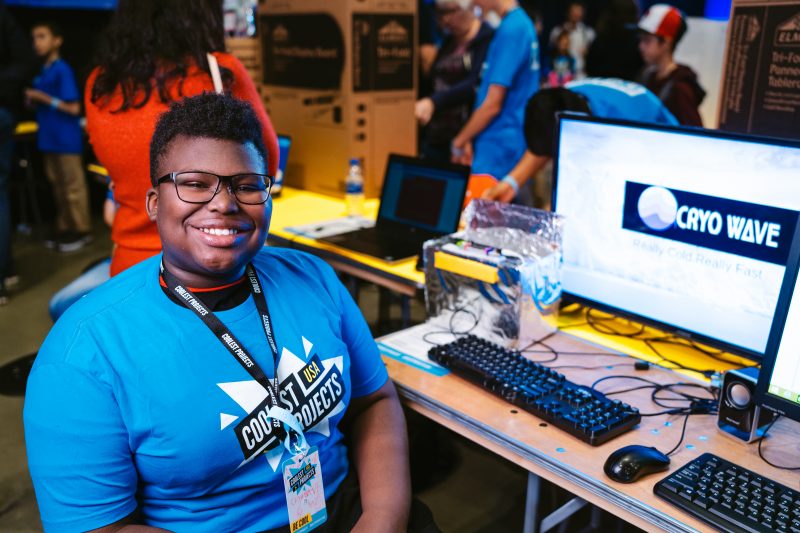
We’re also delighted to have special guest Dr Lucy Rogers on our This Is Engineering–themed Digital Making at Home live stream today at 5.30pm GMT, where she will share insights into her work as a creative inventor.
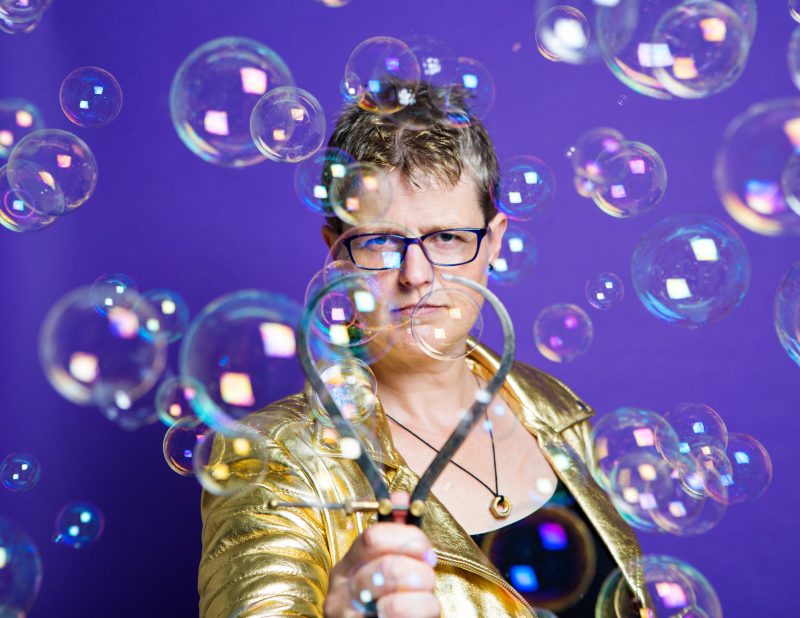
Future engineers creating projects for social good
In July, we were lucky enough to have Dr Hayaatun Sillem, CEO of the Royal Academy of Engineering (RAEng), as a judge for Coolest Projects, our technology fair for young creators. Dr Hayaatun Sillem says, “Engineering is a fantastic career if you want to make a difference, improve people’s lives, and shape the future.”
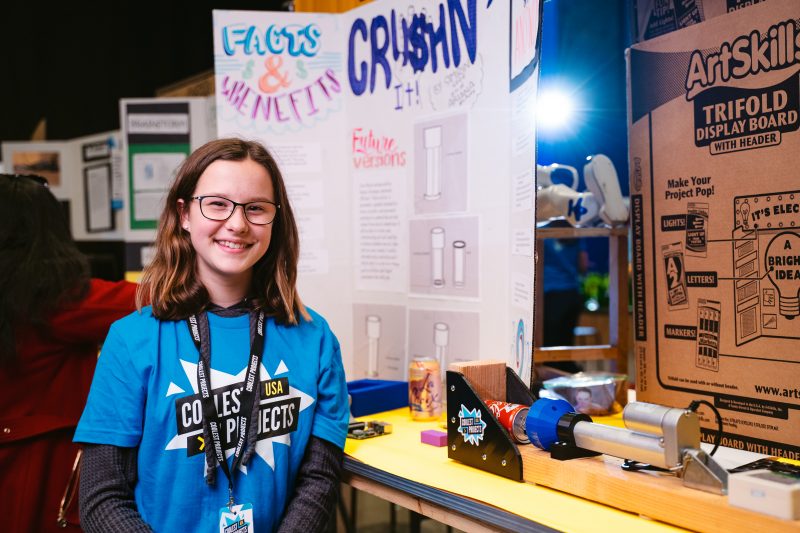
In total, the young people taking part in Coolest Projects 2020 online presented 560 projects, of which over 300 projects were made specifically for social good. Here’s a small sample from some future engineers across the world:
Carlos, Blanca & Mario from Spain created El ojo que te observa (The all-seeing eye)
“Our project is a virtual big eye doorman that detects if you wear a mask […] we chose this project because we like artificial intelligence and robotics and we wanted to help against the coronavirus.”
Momoka from Japan created AI trash can
“I want people to put trash in the correct place so I made this AI trash can. This AI trash can separates the trash. I used ML2 Scratch. I used a camera to help the computer learn what type of trash it is.”
Abhiy from the UK created Burglar Buster
“As we know, burglary cases are very frequent and it is upsetting for the families whose houses are burglarised and [can] make them feel fearful, sad and helpless. Therefore, I tried to build a system which will help everyone to secure their houses.”
Tune in today: This is Engineering-themed live stream with special guest Dr Lucy Rogers
Professor Lucy Rogers PhD is an inventor with a sense of fun! She is a Fellow of the RAEng, and RAEng Visiting Professor of Engineering:Creativity and Communication at Brunel University, London. She’s also a Fellow of the Institution of Mechanical Engineers. Adept at bringing ideas to life, from robot dinosaurs to mini mannequins — and even a fartometer for IBM! — she has developed her creativity and communication skills and shares her tricks and tools with others.
Here Dr Lucy Rogers shares her advice for young people who want to get involved in engineering:
1. Create your own goal
A goal or a useful problem will help you get over the steep learning curve that is inevitable in learning about new pieces of technology. Your goal does not have to be big: my first Internet of Things project was making a LED shine when the International Space Station was overhead.
2. Make your world a little better
To me “engineering” is really “problem-solving”. Find problems to solve. You may have to make something, program something, or do something. How can you make your own world a little better?
3. Learn how to fail safely
Learn how to fail safely: break projects into smaller pieces, and try each piece. If it doesn’t work, you can try again. It’s only at the end of a project that you should put all the “working” pieces together (and even then, they may not work nicely together!)
Dr Lucy Rogers will be joining our Digital Making at Home educators on our This is Engineering-themed live stream today at 5.30pm GMT.
This is your young people’s chance to be inspired by this amazing inventor! And we will take live questions via YouTube, Facebook, Twitter, and Twitch, so make sure your young people are able to get Dr Lucy’s live answers to their own questions about digital making, creativity, and all things engineering!
Engineering at home, right now
To get inspired about engineering right now, your young people can follow along step by step with Electricity generation, our brand-new, free digital making project on the impact of non-renewable energy on our planet!
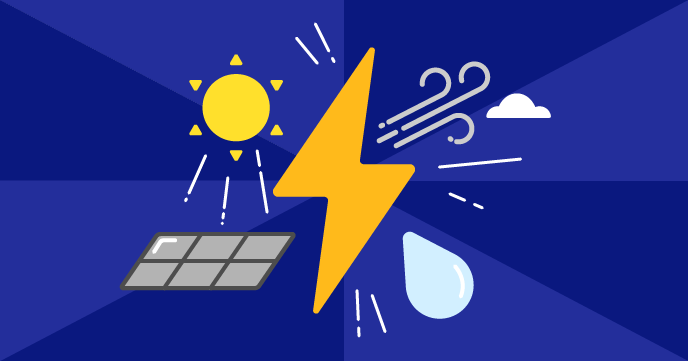
While coding this Scratch project, learners input real data about the type and amount of natural resources that countries across the world use to generate electricity, and they then compare the results using an animated data visualisation.
The data we’ve made part of this project was compiled by the International Energy Agency, and we were also kindly given guidance by the Renewable Energy Foundation.
To find out more about This is Engineering Day, please visit www.ThisisEngineering.org.uk.
The post Celebrating future engineers appeared first on Raspberry Pi.
from Raspberry Pi https://ift.tt/38aE2VG

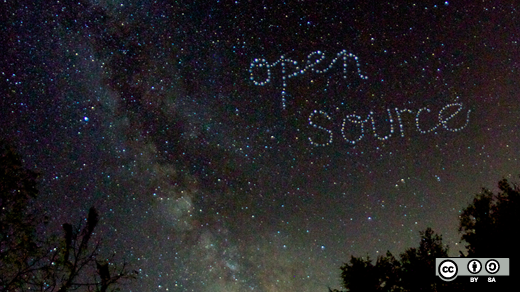
No comments:
Post a Comment
Please do not enter any spam link in the comment box.